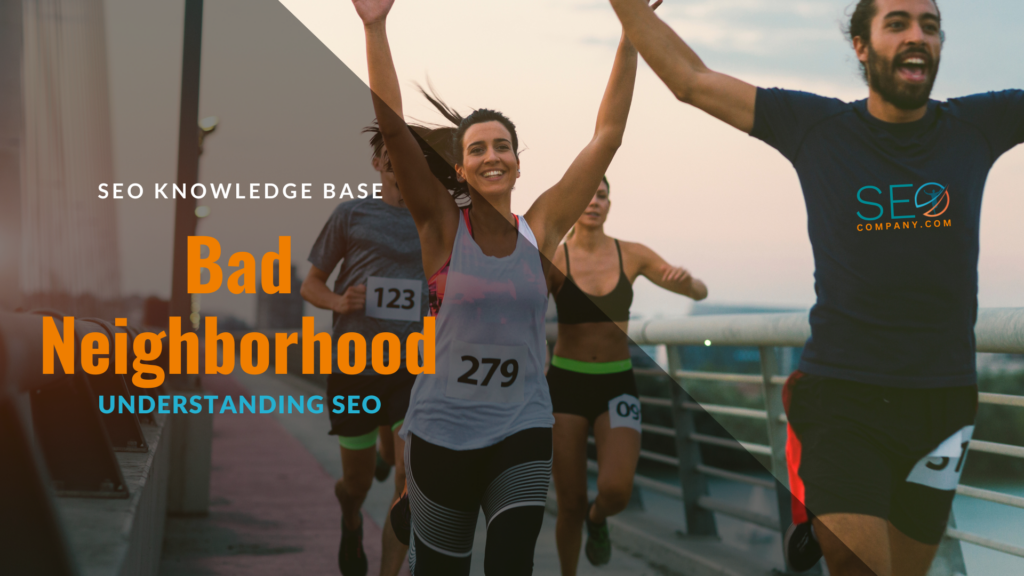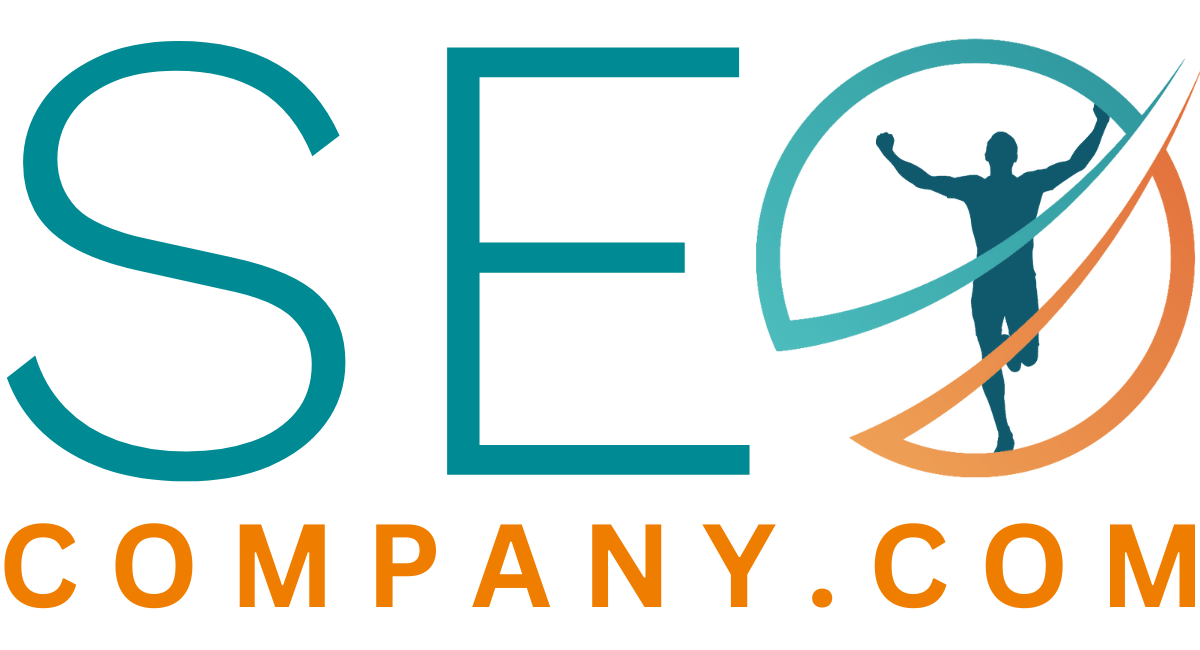
What is a bad neighborhood when it comes to SEO?
A “bad neighborhood” refers to a group of websites or online platforms that have been flagged or identified by search engines or other digital security experts as being untrustworthy, spammy, or malicious. These websites often engage in practices such as spamming, phishing, malware distribution, or other activities that can compromise the security and privacy of users.
Relationship to web design:
The concept of a bad neighborhood is highly relevant to web design, as it highlights the importance of website owners and designers taking steps to ensure that their site is secure, trustworthy, and transparent. In particular, website owners should be careful to avoid linking to or associating with websites that are known to be part of bad neighborhoods, as this can damage the reputation and credibility of their own site.
Furthermore, web designers should be aware of the potential risks associated with using third-party plugins or tools on their site, as these can sometimes be used as a means of injecting malicious code or malware onto the site. To mitigate these risks, web designers should carefully vet any third-party tools they use and ensure that they are up-to-date and secure.
Relationship to search engine optimization:
The concept of a bad neighborhood is highly relevant to search engine optimization (SEO), as search engines such as Google use algorithms that take into account the trustworthiness and credibility of websites when ranking them in search results. If a website is associated with a bad neighborhood, this can have a negative impact on its search engine rankings.
Furthermore, if a website is found to be engaging in practices that are considered black hat or against Google guidelines (such as using keyword stuffing or buying backlinks), this can result in penalties that can lower its search engine rankings.
History and usage:
The concept of a bad neighborhood has been around since the early days of the internet, when the first spam emails and phishing scams began to emerge. Over time, the term has evolved to encompass a broader range of online activities, including malware distribution, hacking, and other forms of online fraud.
Today, the term “bad neighborhood” is commonly used in the context of SEO and digital security, and is used to describe websites or online platforms that engage in practices that are considered spammy or malicious. In particular, the term is often used to refer to websites that are associated with link farms, content farms, or other online networks that exist solely to manipulate search engine rankings or engage in other forms of online fraud.
Bad Neighborhood Caution:
It is important to note that associating with bad neighborhoods or engaging in practices that are considered black hat or against Google guidelines can have serious consequences, including penalties, lower search engine rankings, and damage to the reputation and credibility of a website. As such, web designers and website owners should exercise caution when building and promoting their sites, and should take steps to ensure that they are following best practices for SEO and digital security.
Common Questions
- Q: How can I determine if a website is part of a bad neighborhood?
A: You can use online tools such as the Google Safe Browsing Transparency Report and VirusTotal to check a website’s reputation and identify potential security risks. - Q: What should I do if my website is linked to a bad neighborhood site?
A: You should immediately disavow any links associated with bad neighborhood sites and take steps to remove any other links that may be negatively affecting your website’s reputation. - Q: Can association with bad neighborhoods impact my website’s search engine ranking even if I’m not intentionally linking to them?
A: Yes, association with bad neighborhoods can occur through inbound links from other websites or through links embedded in third-party widgets and other code. - Q: Can a website be penalized for being hosted on a server with other bad neighborhood sites?
A: While it is possible for a website to be affected by its hosting environment, it is not necessarily a direct penalty. However, it is important to choose a reliable hosting provider that does not host bad neighborhood sites to minimize the risk of being associated with them. - Q: Is it possible to recover from a penalty resulting from association with bad neighborhoods?
A: Yes, it is possible to recover from a penalty resulting from association with bad neighborhoods, but it requires significant effort and a commitment to ethical SEO practices. The recovery process involves identifying and removing all bad links, disavowing any remaining links, and demonstrating to search engines that the website has taken steps to improve its reputation.
In conclusion, bad neighborhoods in SEO can have a significant impact on web design, accessibility, and search engine optimization. It is important to avoid any association with bad neighborhood sites and to take caution when building links to ensure that they are ethical and high-quality. By following ethical SEO practices, website owners can protect their online presence and avoid the severe consequences of black hat techniques.
